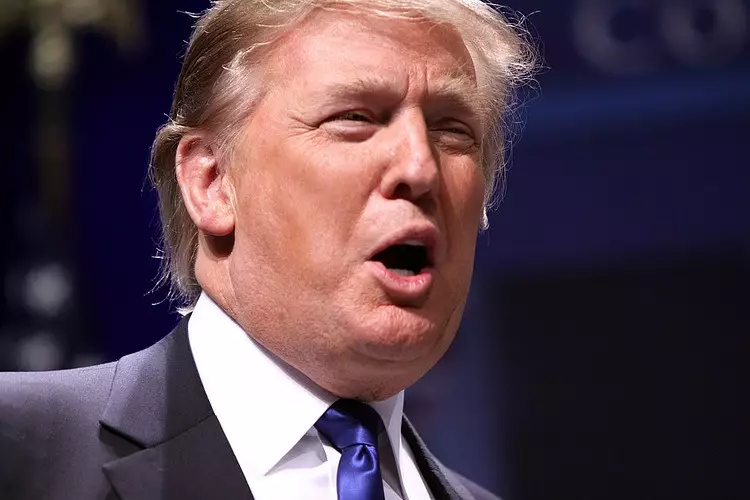In the wake of Donald Trump’s presidential victory, the announcement of his key appointments has sparked a mixture of anticipation and speculation regarding the direction of his administration. The selection of various figures for critical roles presents insights into the incoming president’s priorities, particularly concerning economic policy and diplomacy. This article aims to dissect the significance of these appointments and analyze their potential implications for the U.S. economy and global markets.
Donald Trump’s choices for pivotal positions in his administration indicate his preference for individuals who align closely with his business-oriented approach to governance. Among these selections, Scott Bessent has been appointed to lead the Treasury, a position that will play a crucial role in shaping fiscal policy. His appointment raises questions about the administration’s future tax policies and spending strategies, especially as the U.S. grapples with complex economic challenges in the post-pandemic world.
In addition, the announcement of Howard Lutnick as Commerce Secretary suggests a focus on enhancing U.S. international trade relations. Lutnick’s significant background in finance and investment may indicate that trade policies under Trump could lean towards fostering a pro-business environment. This reflects a broader trend where the administration seeks to leverage economic growth while addressing trade imbalances and foreign competition.
Trump’s appointment of Kevin Hassett to lead the National Economic Council is particularly notable. Hassett is known for his analytical skills and expertise in economic research, which could signal a strategy based on data-driven policies. His leadership may provide a platform for revamping economic policies to stimulate growth while keeping in mind the concerns of inflation and employment.
A crucial element intertwined with these appointments is the status and behavior of the U.S. dollar. The discussions around Trump’s economic strategy coincides with ongoing fluctuations in the US Dollar Index (DXY), which reflects the dollar’s strength against a basket of currencies. For instance, as of the latest updates, the DXY had shown only slight decline, highlighting the dollar’s resilience amidst executive transitions.
Historically, the United States dollar has maintained its status as the world’s primary reserve currency since the post-World War II era, following the decline of the British pound. Its wide acceptance globally not only bolsters American economic influence but also ensures that monetary policies driven by the Federal Reserve—such as interest rate adjustments—significantly impact global markets. A strong dollar can encourage foreign investment, while a weaker dollar might aid U.S. exports but could also raise the costs of imports.
As Trump’s administration plans unfold, the role of the Federal Reserve becomes ever more critical. The Fed’s dual mandate of controlling inflation and promoting maximum employment puts it at the crossroads of economic policy. The upcoming leadership appointments may push the Fed to adjust its strategies of interest rate management.
Rising inflation typically prompts the Fed to increase interest rates, which strengthens the dollar. Conversely, lower rates designed to stimulate economic growth can be detrimental to the dollar’s value. The potential for quantitative easing (QE) as a tool for economic recovery remains a key topic, particularly given its application during the 2008 financial crisis. With ongoing uncertainties in inflation and employment rates, the balance between growth and stability will demand careful navigation.
Donald Trump’s appointments reveal an administration determined to leverage business acumen in political decision-making. As these leaders take their posts, the U.S. economy stands on the precipice of significant change, influenced by both domestic policies and global contexts. The interplay between appointed officials and the Federal Reserve will undoubtedly shape the economic landscape in the coming years. Investors and citizens alike must remain vigilant, adapting to the evolving dynamics of U.S. economic policy, the health of the dollar, and the broader implications for international relations.

